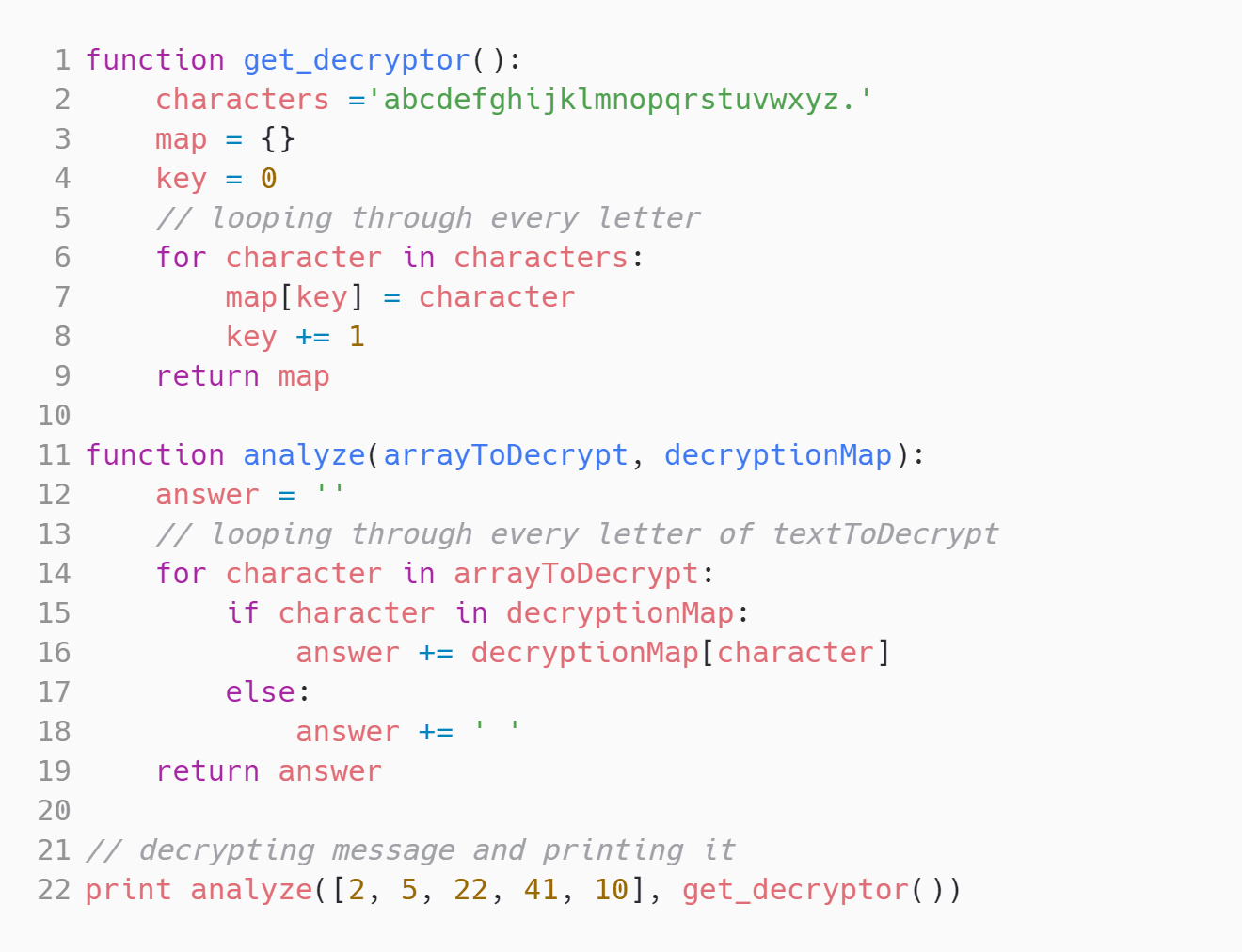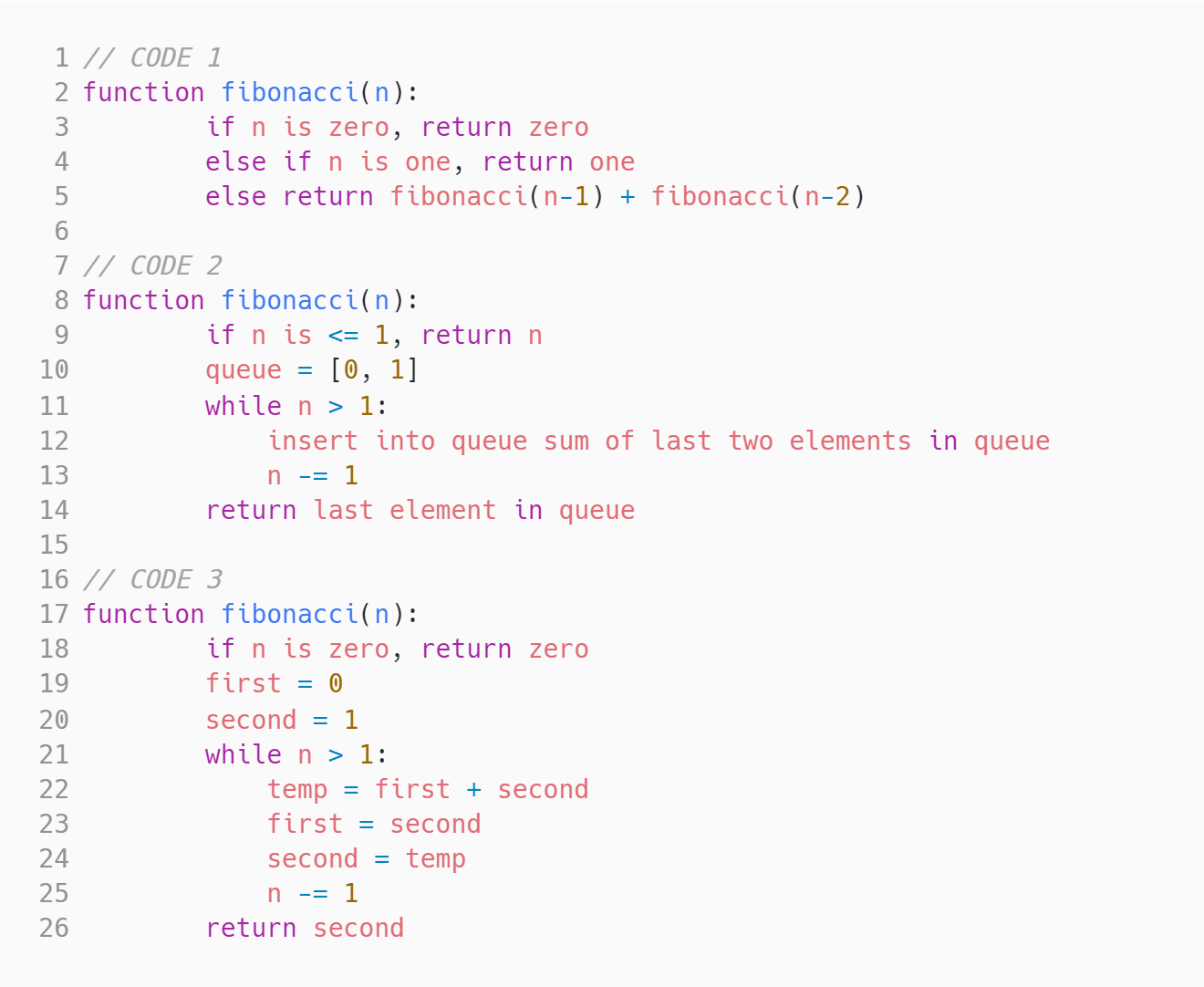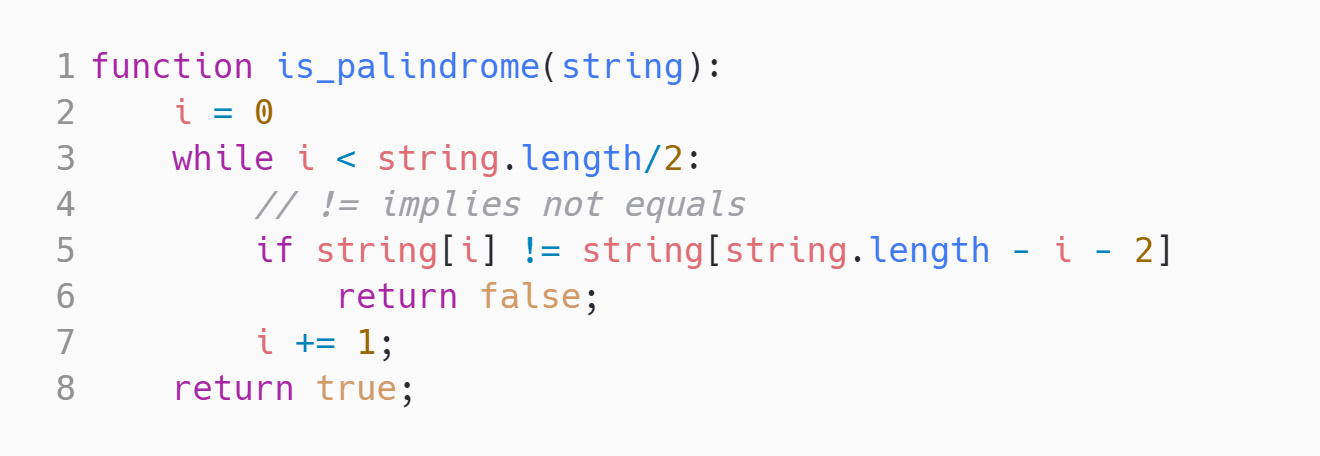Programming Fundamentals: Programming Fundamentals refers to the basic concepts and principles of writing computer programs. This includes knowledge of programming languages, variables, data types, control structures, and logical thinking. It is important to measure this skill in the test to assess a candidate's ability to write efficient and reliable code.
Data Structures: Data Structures are the arrangements and organizations of data in a computer's memory. It involves understanding concepts like arrays, linked lists, stacks, queues, trees, and graphs. Measuring this skill in the test helps evaluate a candidate's ability to efficiently store, manipulate, and retrieve data.
Algorithm Basics: Algorithm Basics refer to the fundamental techniques and approaches used to solve computational problems. This includes understanding algorithms, analyzing their time and space complexity, and implementing efficient solutions. Measuring this skill in the test helps assess a candidate's logical and problem-solving abilities.
Technical Aptitude: Technical Aptitude refers to the overall technical knowledge and understanding of various concepts and principles related to computer science. It includes the ability to apply theoretical knowledge to practical problem-solving, familiarity with industry practices, and awareness of current trends. Measuring this skill in the test provides insights into a candidate's overall technical competence.























































